The Devastating Effects of Sleep Deprivation
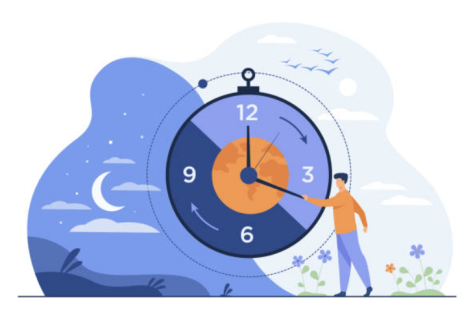
April 4, 2022
Do you ever procrastinate for hours and hours, until it’s nearly midnight and you haven’t even touched your homework? Had so much stuff to do that you simply didn’t get to it? Ever pulled all-nighters just for the hell of it? I’m guilty of all of that and more, and I’m not the only one.
The American Academy of Sleep Medicine states that 8-10 hours is the recommended level of sleep for a 13-18 year old teen. However, a national study conducted by the CDC showed that on average, 7/10 (72.7%) of highschool students don’t get enough sleep on school nights. In actuality, the average teen only gets 6.5-7.5 hours of sleep, as they go to bed around 10-12pm each night, and wake up around 6 or 7 to go to school. This causes some students to turn to energy drinks, coffee and other methods of staying awake to make it through the following day. This has devastating effects on both physical and mental health. To understand how to fix this, it’s important to know the consequences.
Consequences of Sleep Deprivation:
Students at NYC Museum School confessed to getting four-six hours of sleep a night on an average weekday, and as a result, they reported their energy levels in the morning are medium to low. Tenth grader Kamil Rampatsingh reported that he gets four to five hours of sleep on normal school nights, while another sophomore, Nina Hauckkampbjorn, said she gets around five to seven. Not only is this far below the recommended level, it’s far below the national average. The effects of sleep deprivation aren’t always readily evident, but they do manifest themselves in everyday life and behavior.
My original theory was that although there are, of course, those who go to sleep late because they have to finish leftover school work that they procrastinated, and some simply choose to stay up later, as they either can’t sleep, or don’t know the effects of a bad sleep schedule. Sophomore Sydney Butscher said, “It’s unfortunate to have little sleep, but it is incredibly hard to get more. For many students, lack of sleep is a result of demanding and dramatic amounts of homework or having difficulty falling asleep. These both make it impossible to get the recommended amount of sleep and always cuts at least two hours off sleep time.”
Sleep deprivation is proven to cause memory issues, mood swings, concentration issues, daytime fatigue, high blood pressure and more, which has a significant negative impact on both school performance and mentality. In simpler terms, as we shift our sleep schedules to accommodate our homework ones, we’re beginning a cycle in which there’s zero benefits.
When asked what he knew about the consequences of sleep deprivation, Kevin Basko, a sophomore, said, “I know that it is very necessary for me to get, as a 16 year old, eight to nine hours of sleep a day, but with the amount of homework, that is quite unrealistic if I want to keep good grades.” Although it is okay to pull that occasional all-nighter, or spend a bit more time on homework at night, it shouldn’t be made an everyday occurrence, if avoidable. Ways to do this include setting a sleep timer, writing out a schedule each day, or weaving blocks of homework throughout your day, to make sure it gets done.
Energy Drinks & Coffee:

Ever heard of Monster, Red Bull or 5-Hour Energy? They’re all energy drinks that claim to “vitalize your mind and body.” However, how much do they really help you? Big brand names such as the ones previously listed generally contain around 200 mg of caffeine per can, which isn’t healthy by any means. Energy drinks in general, while effective short term if you need a burst of, well, energy, are potentially harmful long term. When consumed daily, they greatly increase your risk of heart problems, ironically increase sleep problems, (which is the problem that needs solving in the first place), and are connected to anxiety, digestive problems, and dehydration. Coffee isn’t any better, although it may appear to be. A small Dunkin coffee contains 150 mg of caffeine, while a medium is 210 mg- this exceeds the average amount you find in anenergy drink, not even counting the excessive amounts of sugar people tend to add to it. 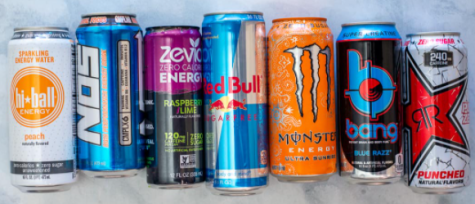
The bottom line is that caffeine doesn’t solve the problem we’re creating, it only continues them, becoming a crutch. The negative effects will continue to pile up, and only proceed to cause harm. As Ms. DeStefano, a 10th grade English teacher at NYCMS, said, “When I see students walk into first period English class with Starbucks, Dunkin’ Donuts or a Red Bull, I want to cry (especially because they usually walk in late to class!). These drinks are not what their bodies need; they need more sleep the night before!”
Trouble Sleeping? Here Are Some Techniques:
Is it possible to get more sleep? Yes. Is it easy? Depending on the person, not really. As someone who (tries to) do their homework in between free periods of the day, I don’t always need to stay up late, however, I usually still do. Personally, I find it difficult to go to sleep earlier when I simply don’t feel tired. To get a better sleep each night, the CDC recommends setting a consistent sleep schedule, avoiding large meals and caffeine prior to sleeping, avoiding the use of blue light screens (technology) right before bed, and making sure your room is comfortable. Additionally, Dr. Andrew Weil developed a technique called the 4-7-8 breathing method, in which you:
“1. Place the tip of your tongue behind your upper front teeth.
- Exhale completely through your mouth and make a “whoosh” sound.
- Close your mouth, and inhale through your nose while mentally counting to 4.
- Hold your breath, and mentally count to 7
- Open your mouth and exhale completely, making a “whoosh” sound and mentally counting to 8.
- Repeat this cycle at least three more times.”
Of course, it doesn’t guarantee that you’ll fall asleep instantly, but from trying it myself, I can say that it does help you relax a bit, which in turn eases sleep. Finally, I personally recommend listening to music, reading/writing and occasionally drinking green tea to relax and fall asleep faster. Although sometimes it’s challenging due to the combined weight of homework, extracurriculars and social activities, attempting to maintain a consistent sleep schedule is important, to both improve the quality of school, work and life.
Sources Cited:
Sleep in Middle and High School Students
11 Effects of Sleep Deprivation on Your Body











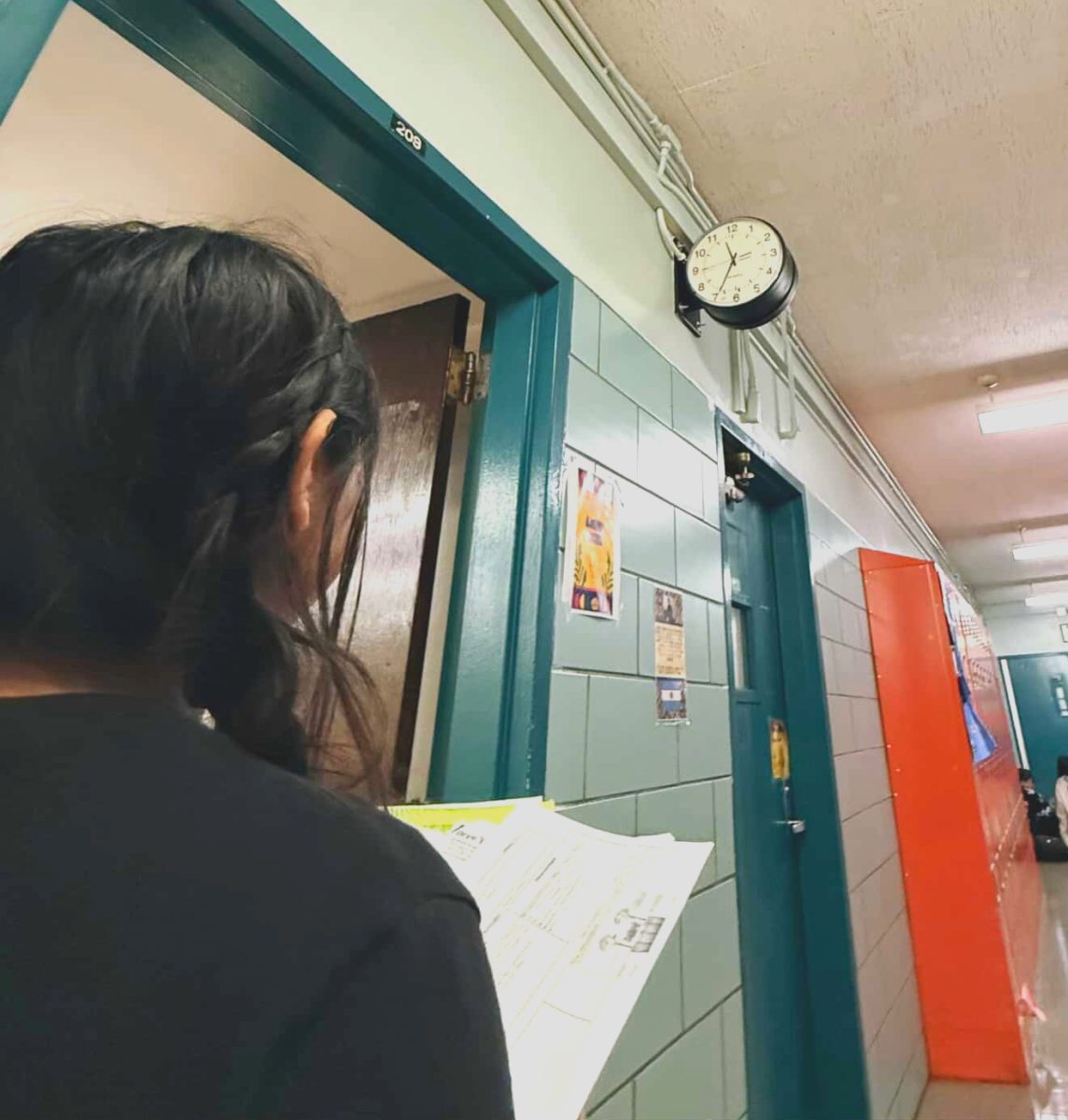

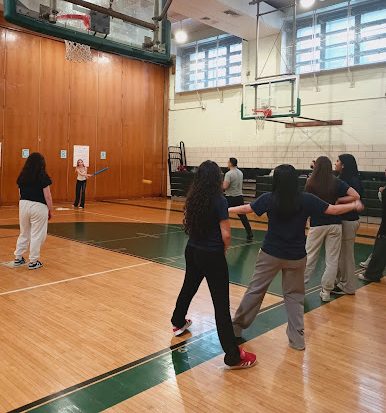













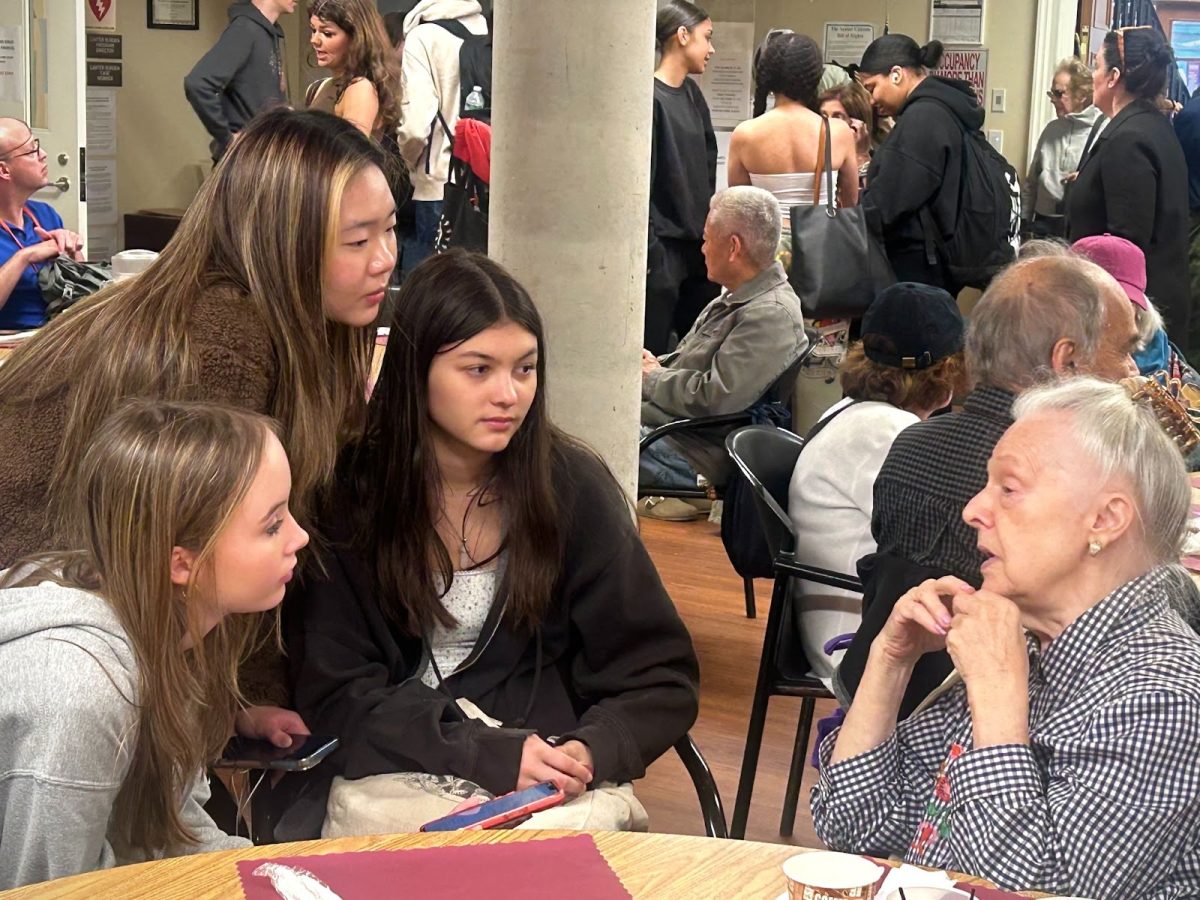
Cindy • Feb 8, 2023 at 10:44 am
I learned a lot from this!
karuna • Jun 14, 2022 at 1:13 pm
this was very informative and well written!
Fiona exleyf • Jun 14, 2022 at 12:23 pm
cool article i am very tired
Joanna • Jun 14, 2022 at 12:12 pm
This was a great article! Nice Job!
Liam Lam • Apr 8, 2022 at 11:01 am
Perhaps we should find a way to not use energy drinks.
becky • Apr 8, 2022 at 10:38 am
haha sleeping not for me
Johan Garcia • Apr 7, 2022 at 10:44 am
I enjoyed the article and as a fellow student found this relatable and informational.
Sydney Butscher • Apr 7, 2022 at 10:36 am
Awesome, thank you for highlighting the horrible effects of lacking sleep
Michael Doyle • Apr 7, 2022 at 10:22 am
i relate to this on a personal level this is extremely insightful
wendy :D • Apr 7, 2022 at 9:49 am
I found this article so relatable to me, because I procrastinate so much, that I get in bed super late. I do all my homework before I sleep so I’m prepared for class, but that takes time away from my sleep. I have tried caffeinated drinks, but they don’t work on me (I don’t get energized).
Ms Palaia • Apr 7, 2022 at 9:49 am
Wonderful article on sleep. Great app to read on also !
anita • Apr 7, 2022 at 8:21 am
This was interesting to read, as a student who has a lot of extra-curriculars I find my self struggling to find time sleep before 10pm which is considered healthy as I usually have an abundance of homework.